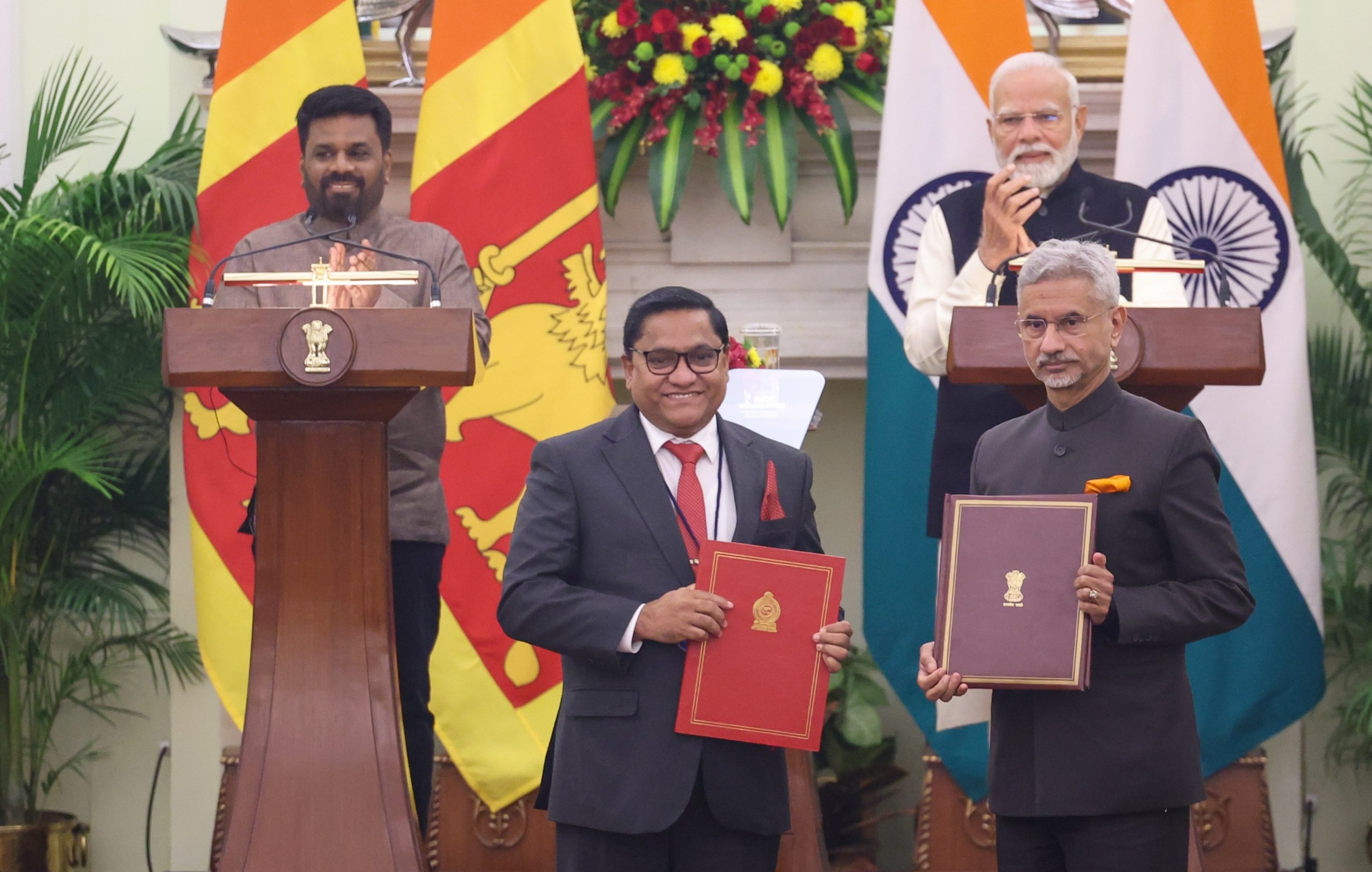 Courtesy: X / MEAIndia
Courtesy: X / MEAIndia
The state visit of Sri Lanka’s new President Dissanayake to India, is welcome at many levels. His party’s majority win gives Sri Lanka the strength to undertake the hard reforms necessary to put the island back onto its higher economic status. India’s assistance has helped but there is more to be done to elevate the bilateral. For India which is now in a hostile neighbourhood, Sri Lanka can be a valuable friend.
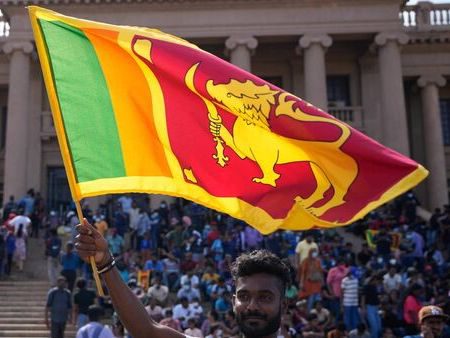 Courtesy:
Courtesy:
Sri Lanka's sovereign debt default in April 2022 triggered a paralyzing economic crisis. Steep inflation and widespread financial uncertainty hampered any efforts at recovery. The economy is now showing signs of stabilization. Internally focused government policies, foreign investment, aid from development partners like India and the U.S., and the IMF’s recovery program have set Sri Lanka on the path to recovery and, hopefully, eventual economic success.
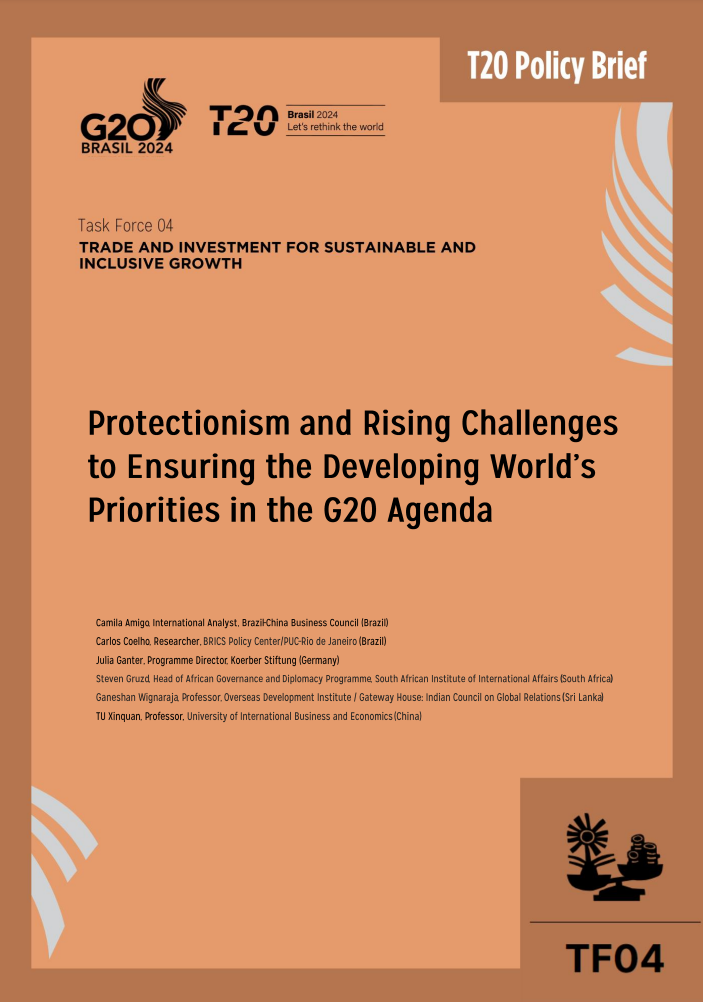 Courtesy:
Courtesy:
The breakdown of the Doha negotiations at the World Trade Organization and ongoing wars in Ukraine and West Asia have led to rising protectionism, which disproportionately affects developing countries. This policy brief recommends how the G20, representing nearly 75% of international trade, can leverage its position to advance a non-discriminatory, sustainable, and transparent multilateral trading system for low and middle-income countries.
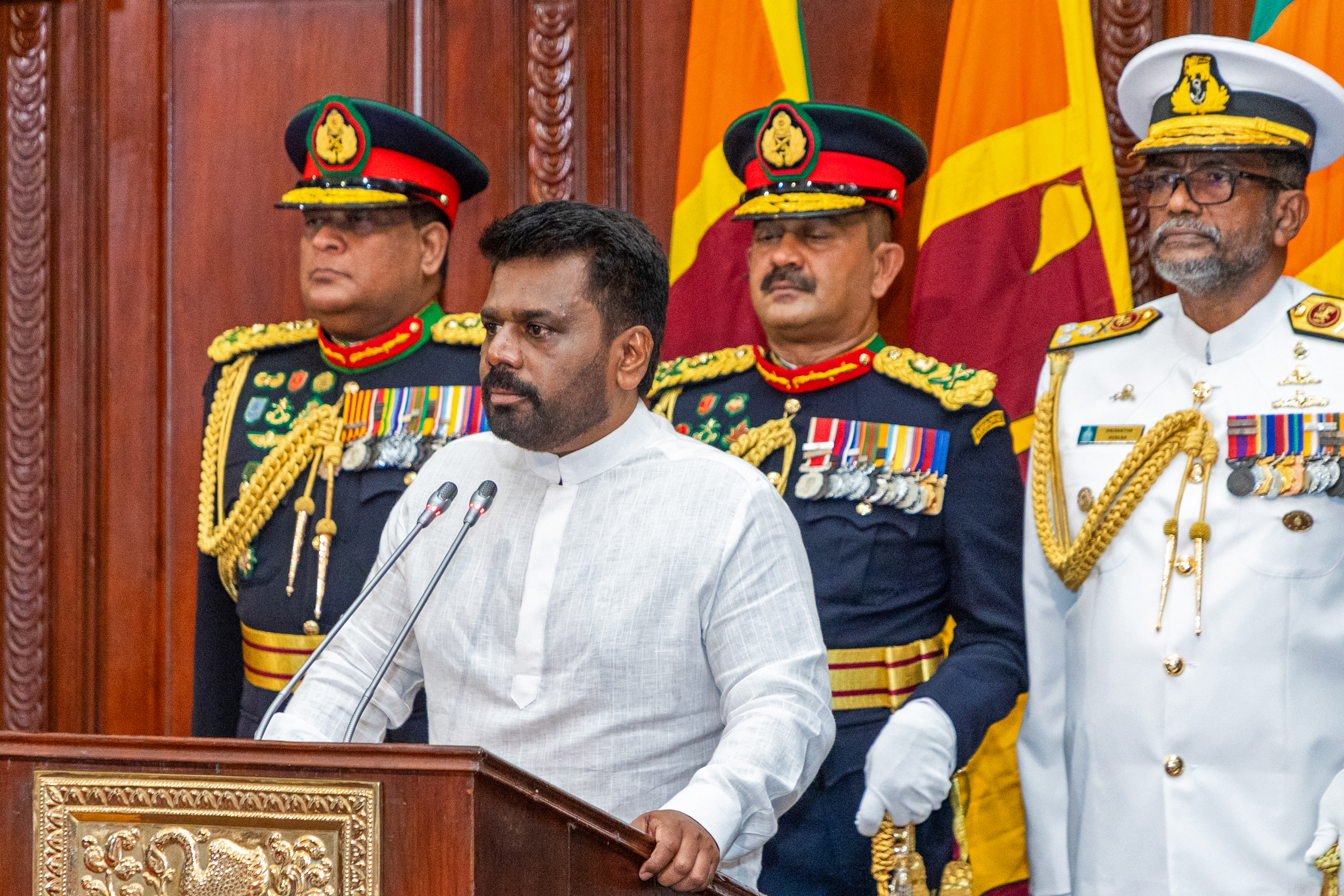 Courtesy:
Courtesy:
The new Sri Lankan government led by President Anura Kumar Dissanayake held its first meeting with the International Monetary Fund on October 3, to discuss further debt relief. Dissanayake, who overcame voter apprehension in the country’s presidential elections held two weeks ago, now has a historic opportunity to bring Sri Lanka out of the crisis and enable a compassionate and efficient transformation.
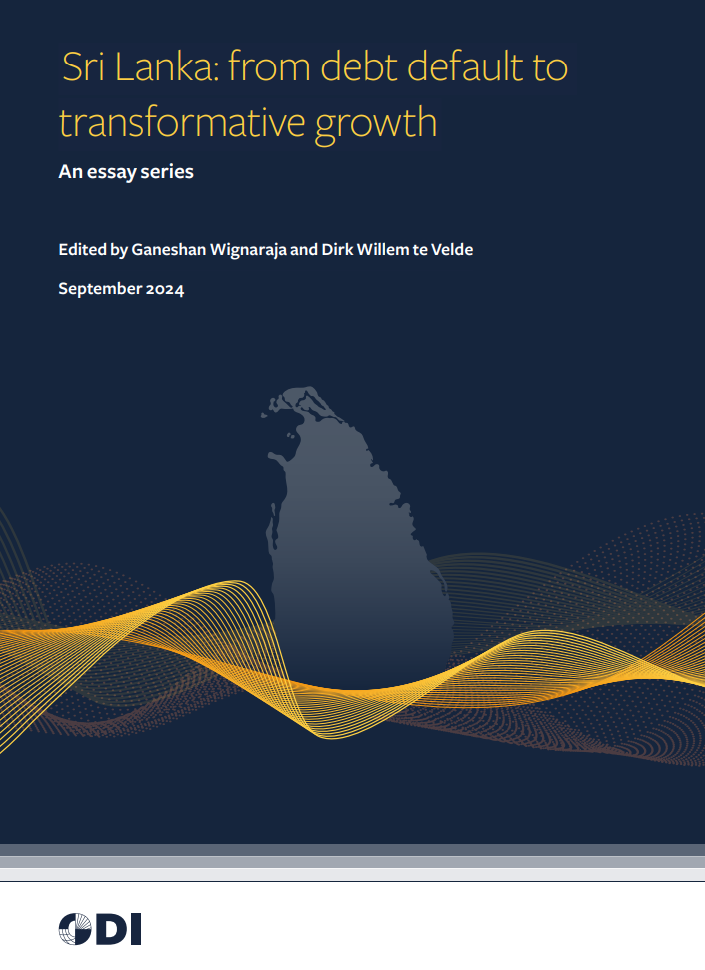 Courtesy:
Courtesy:
Sri Lanka’s sovereign debt default in 2022 triggered the worst economic crisis in the country’s post-independence history. By mid-2024, the economy started showing signs of recovery, with a performance higher than other debt-defaulting nations and exceeded IMF expectations. The current stable path, however, is not enough. Sri Lanka needs to shift its economic trajectory from one of debt distress to sustained growth over the next few years.
 Courtesy:
Courtesy:
China-centric global supply chains, the backbone of East Asia’s prosperity, are shifting out as tensions over tariffs and strategic contest between the West and China soars. Ganeshan Wignaraja, Professorial Fellow, Economics and Trade, Gateway House, discusses diversifying supply chains, the China plus one strategy, and the role of India as a supply chain magnet for its South Asian neighbours.
 Courtesy:
Courtesy:
Asian nations like Sri Lanka have seen a rush of Russian and Ukrainian tourists over the last two years. They discover salubrious climes and overstay their visas to start small businesses. It has helped Sri Lanka boost tourism after its 2022 debt default but also created economic problems for locals. It is necessary to identify trade-offs between economic benefits and security threats associated with extended-stay tourism.
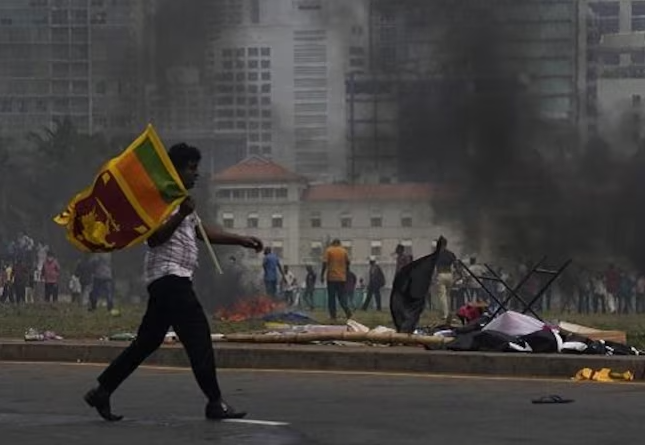 Courtesy: Business Standard
Courtesy: Business Standard
In April 2022, Sri Lanka defaulted on its foreign debts kicking off its worst economic downturn in over 70 years. In a paper for the Institute of South Asian Studies, Ganeshan Wignaraja examines key policy, the benefits of IMF support, and the role that Indian aid has played in Sri Lanka’s recovery while emphasising potential risks of its upcoming presidential and parliamentary elections.
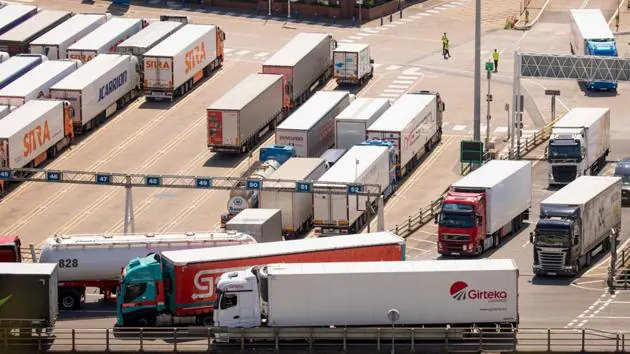 Courtesy: Hindustan Times
Courtesy: Hindustan Times
South Asia requires resilient and cost-effective regional supply chains. This can be achieved through Indian investment, fostering local linkages while reducing dependency on Chinese financing of regional partners. A new approach enhances India's regional influence, creating a win-win scenario for the entire South Asian neighbourhood in a changing global landscape.
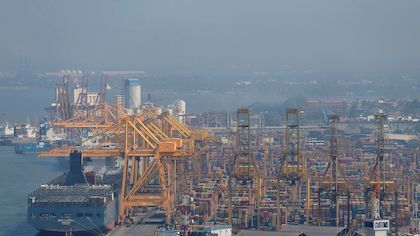 Courtesy: Reuters
Courtesy: Reuters
Sri Lanka has demonstrated signs of recovery following the stabilising policies implemented by the Wickremesinghe government. However, the road ahead for economic recovery is long, with risks associated with the upcoming Presidential elections, geopolitical tensions and debt restructuring.












